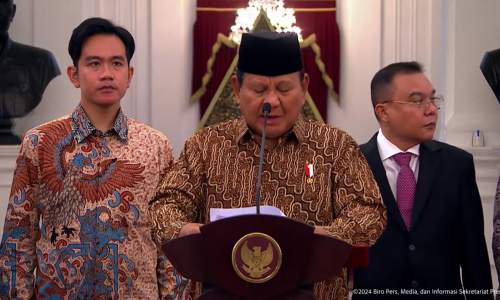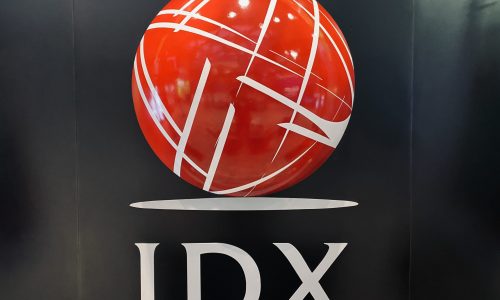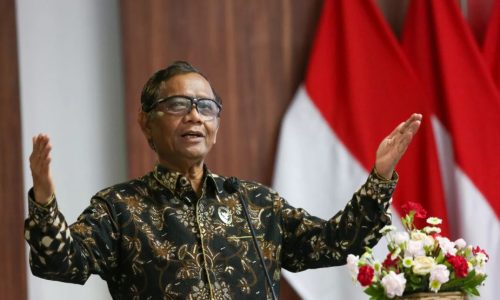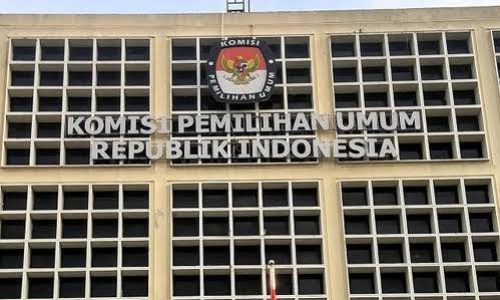The Institute for Essential Services Reform (IESR) has highlighted that Indonesia is significantly behind other Southeast Asian nations in solar power development, despite recent improvements driven by foreign investments.
Alvin Putra, Analyst for Power Systems and Renewable Energy at IESR, noted that while Indonesia has shown progress in solar power adoption over the past two to three years, much of this improvement is due to foreign investment, particularly from the United Arab Emirates-based energy company, Masdar, which developed the Cirata Floating Solar Power Plant.
“Between 2021 and 2023, there was an addition of almost 400 MW of solar capacity, although a third of that was driven by the Cirata Floating Solar Plant’s 145 MW. Almost half of the increase came from large-scale solar plants,” Alvin told a media gathering on Tuesday, August 13, 2024.
Indonesia’s solar capacity is still far behind Vietnam, which leads Southeast Asia with 17 gigawatts (GW) of solar capacity, followed by Thailand with 3 GW.
Alvin cited that Southeast Asian countries have become increasingly aggressive in managing solar energy over the past two to three years. For instance, the Philippines added 600 MW of solar capacity between 2021 and 2023, surpassing Vietnam and Thailand during that period.
“One of the driving factors is consistent economic policy, and their electricity market is dominated by the private sector. Investors view the Philippines as a stable market, which is appealing,” Alvin said.
Malaysia also saw a significant increase in solar capacity, adding 450 MW, largely due to large-scale solar tenders by Tenaga Nasional Berhad (TNB), the country’s electricity utility company.
Regulations and incentives
To boost local solar power production, Alvin emphasized the need for both fiscal and non-fiscal incentives to help domestic manufacturers reduce production costs.
He also urged the government to support local solar panel producers in forming partnerships with international companies to facilitate technology transfer, which is essential for improving the quality and competitiveness of locally-produced solar panels.
For local products to be competitive, Alvin stressed the importance of regulatory certainty.
“In the last few years, regulations on solar power have changed five times,” he said, while citing that it creates uncertainty for investors..
In an effort to boost local content in solar power projects, the Ministry of Energy and Mineral Resources (ESDM) recently reduced the local content requirement (TKDN) for solar power plants to 20 percent, down from more than 40 percent.
This change is outlined in the ESDM Minister Regulation No. 11/2024 on Use of Domestic Products for the Development of Electricity Infrastructure.
“This 20 percent local content for all solar power plants is crucial, as it had not been regulated before,” Jisman P. Hutajulu, Director-General of Electricity at the Ministry of Energy and Mineral Resources, during a campaign event for the new regulation on Monday, August 12, 2024.
The regulation also sets TKDN for wind power plants (PLTB) at 15 percent, a requirement that was previously unregulated.
Additionally, the regulation adjusts the TKDN for hydropower plants (PLTA) and geothermal power plants (PLTP) based on capacity, aiming to balance domestic content with the need for technological advancement.
The revised regulations are intended to make Indonesian products more competitive on the global stage, especially in the growing renewable energy sector, while also ensuring that local industries can benefit from the expansion of renewable energy projects within the country.









